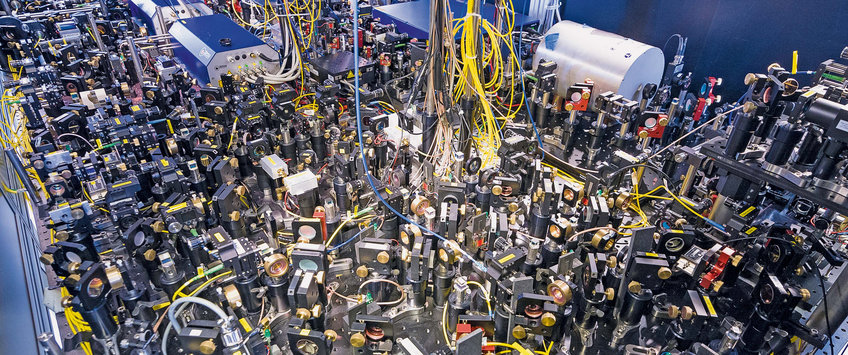Electrons hold the world together. When chemical reactions yield new substances, they play a leading role. And in electronics, too, they are the protagonists. Together with his colleagues, Ferenc Krausz, Director of the Max Planck Institute of Quantum Optics in Garching, photographs the rapid movements of electrons with attosecond flashes, creating the basis for new technological developments.
more


